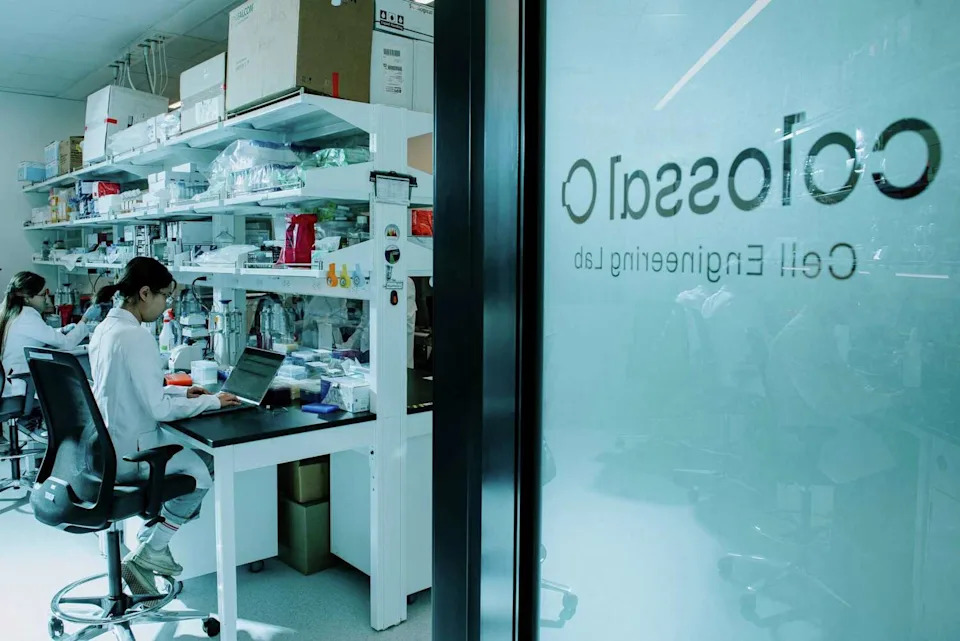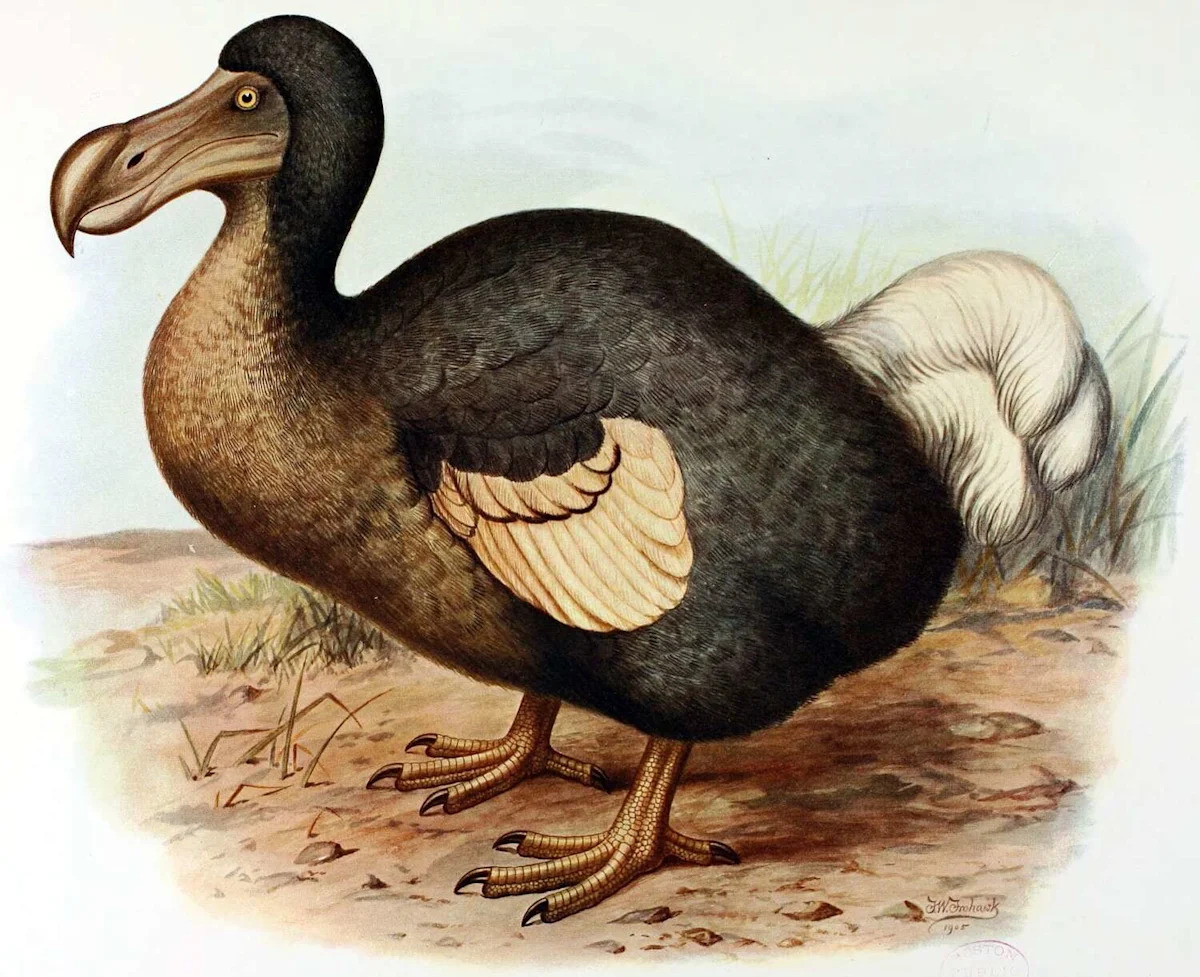A Texas genetics company working to bring back the woolly mammoth says it’s a step closer to reviving another famed extinct species: the dodo.
Dallas-based Colossal Biosciences Inc. said Wednesday it developed a method to culture primordial germ cells of a close relative of the large, flightless dodo that disappeared in the 1660s.
“This progress highlights how Colossal’s investment in de-extinction technology is driving discovery and developing tools for both our de-extinction and conservation efforts,” CEO and co-founder Ben Lamm said in a statement.
Native to Mauritius in the Indian Ocean, the dodo has become a symbol of human-caused extinction. Scientists know relatively little about the bird, which stood roughly 3 feet tall and weighed up to 50 pounds.
The startup also said it added more than $120 million to its latest funding round, bringing it to $320 million. Since its 2021 launch, the company has raised more than $555 million and says it’s now valued at $10.2 billion.
MORE: Game of genomes: A Texas company says it has brought back the long-extinct dire wolf
Colossal garnered national attention in April when it said it had successfully rebirthed the dire wolf, a canine species that previously roamed North America and had been extinct for over 12,500 years.
“This is our first true de-extinction, and it is the first time, you know, the world’s ever had an extinct animal back on the planet. … It’s pretty great,” Lamm said in an interview at the time. “As a Texas company, it’s insane that we were able to do this, and the team did it within 18 months. This is a good testament to the technologies that are coming. We took a 13,000-year-old to a 73,000-year-old skull and made puppies. It’s pretty magical.”
Some independent researchers have disputed the specifics of that claim. According to the BBC, several experts say the three “dire wolf pups” are genetically modified gray wolves, while also noting the births represent meaningful technical progress.
Reviving an avian species differs significantly from reviving mammals, in part because of the size and opacity of bird eggs. It is not currently possible to clone birds. By editing primordial germ cells, the precursors to future egg and sperm cells, Colossal says it is one step closer to reviving avian species like the dodo. Before Wednesday’s announcement, such work had been achieved only in chickens and geese.

Colossal Biosciences, the company working to bring back the wooly mammoth, is taking on bringing back a new animal, the dodo bird, as the company continues working on its de-extinction technology. (Colossal Biosciences, John Davidson)
“The first cell culture recipe was for chicken PGCs, and was published nearly 20 years ago,” said Anna Keyte, Colossal’s avian species director. “Unfortunately, that recipe has not worked on any other bird species tested, even closely related species like quail. Colossal’s discovery of a recipe for pigeons dramatically expands avian reproductive technologies and is the foundation for our dodo work.”
Lamm founded Colossal alongside Harvard University geneticist George Church with two main goals in mind: reversing extinction and preserving endangered species.
Beyond the dire wolf and dodo, it has been working to de-extinct several well-known species including the Tasmanian tiger, another flightless bird called the Moa and the woolly mammoth.
In March, Colossal announced it had genetically engineered mice that possess key “mammoth-like” traits adapted for cold environments.
MORE: Colossal Biosciences is one step further in quest to bring back the woolly mammoth
The company has said it expects to produce a woolly mammoth calf by the end of 2028.
As for its dodo bird project, the company is using the Nicobar pigeon, the closest relative of the dodo bird living today, as the donor genome. The company established a colony of breeding pigeons in Texas that are laying eggs from the modified embryos. The company also is gene-editing chickens so they won’t make their own germ cells.
Colossal plans to inject the edited pigeon primordial germ cells into these “developing chicks, so that they carry pigeon germ cells rather than chicken germ cells,” with the hopes that the chickens eventually lay eggs that hatch into pigeons and then someday the dodo itself.
Beyond its ramifications of de-extinction, the company says this is an equally important step toward conservation and preserving modern-day endangered species.
“This breakthrough in culturing pigeon primordial germ cells represents a transformative tool for avian conservation,” said Beth Shapiro, Colossal’s chief science officer. “By developing these protocols, we’re establishing crucial biobanking capabilities and opening new possibilities for genetic rescue of endangered species.”

